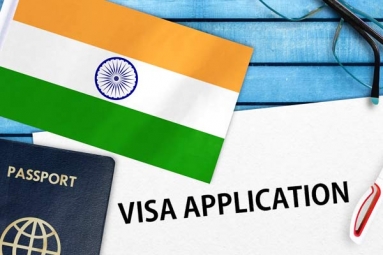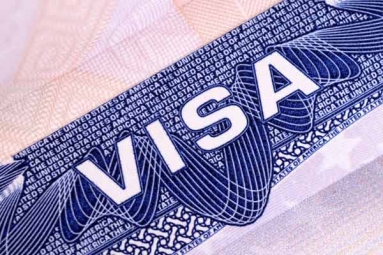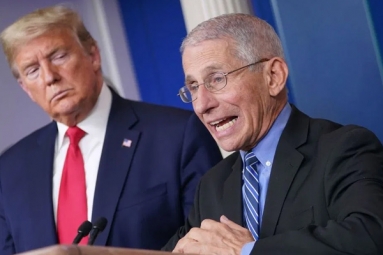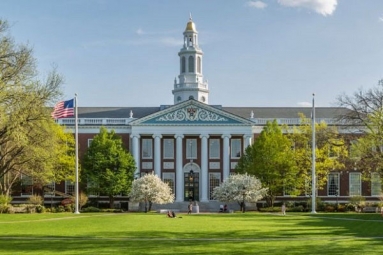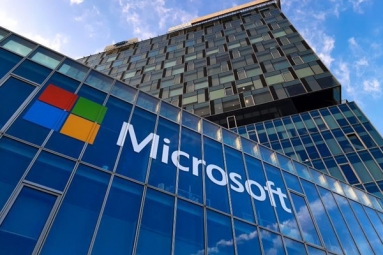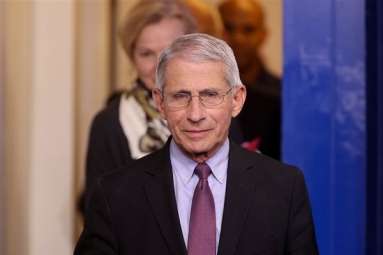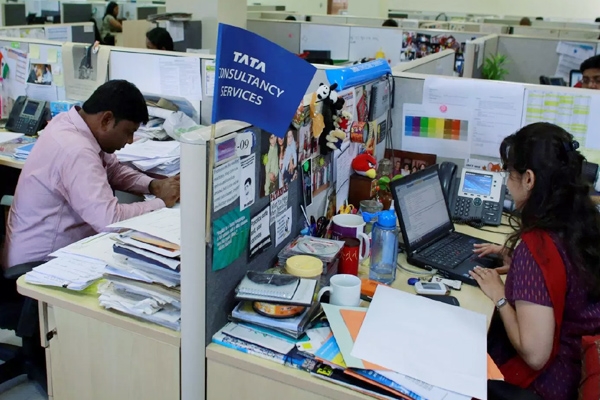
(Image source from: Quartz)
India's Information Technology (IT) outsourcing giant Tata Consultancy Services Services is set to go on trial on Monday in California over racial discrimination claims by American employees who lost their jobs at TCS offices in the United States since they had not been allotted to any of its clients.
The firm is needed to offer a good account for why engineers employed at its American outposts are 13 times more liable to be fired if they are not South Asian.
The trial will cast a spotlight on work-visa programs that companies use to bring overseas workers to the U.S., an activity President Donald Trump has denounced in his protectionist push.
Mumbai-based TCS contradicts any unlawful bias in its U.S. operations and says in court filings that the Caucasian American leading the lawsuit was removed from one of its projects and ultimately terminated over "performance concerns."
TCS said it can't comment specifically on the pending litigation, but believes it has a strong case and will prevail at trial.
"Our success is based on our ability to provide the best talent available, both in the U.S. and globally, based purely on the individual's specialized experience, skills and fit for each client's specific needs," a company spokesman said. "TCS also strictly adheres to all federal and state equal employment opportunity laws and regulations."
The panel is expected to be shown statistical grounds that the odds of race and national origin not being a cause in TCS's termination decisions that are less than one in a billion.
According to the complaint, since 2011, the company fired 12.6 percent of its non-South Asian workers in the U.S., compared with less than 1 percent of its South Asian employees.
A unit of the Tata Group, India's largest industrial conglomerate, TCS employs over 400,000 people worldwide, is valued at about $100 billion and posted revenue of $19 billion for the fiscal year that ended in March. Most of its revenue comes from the U.S. and its primary customers are in the financial services sector.
While TCS has won awards as a top employer in North America, the lawsuit paints a different picture.
The case was brought as a class action on behalf of about 1,000 non-South Asians - most of them U.S. citizens - who were fired by TCS while on "benched" status, meaning they were laid off by the company while they were amid job assignments.
The plaintiffs allege TCS has involved in a "systematic pattern and practice of discrimination" by favoring Indian ex-pats and visa-ready workers from India for the U.S. positions resulting in a workforce that is about 80 percent South Asian, far greater than the 12 percent representation of South Asians in the U.S. IT workforce, according to the complaint.
Daniel Kotchen, the lead attorney for the plaintiffs, said the aim of the litigation is to stop outsourcing firms from violating U.S. anti-discrimination laws. Kotchen's firm is suing a half dozen other outsourcing firms over alleged discrimination, including Infosys and Wipro.
"The U.S. has the world's strongest economy," he said. "Foreign corporations that seek to profit from our economic strength have to respect the law of our land."
Kotchen said he could not estimate damages the jury may award if it finds that TCS violated U.S. civil rights law. He is also seeking a court order requiring the company to adopt non-discriminatory practices.
-Sowmya Sangam



